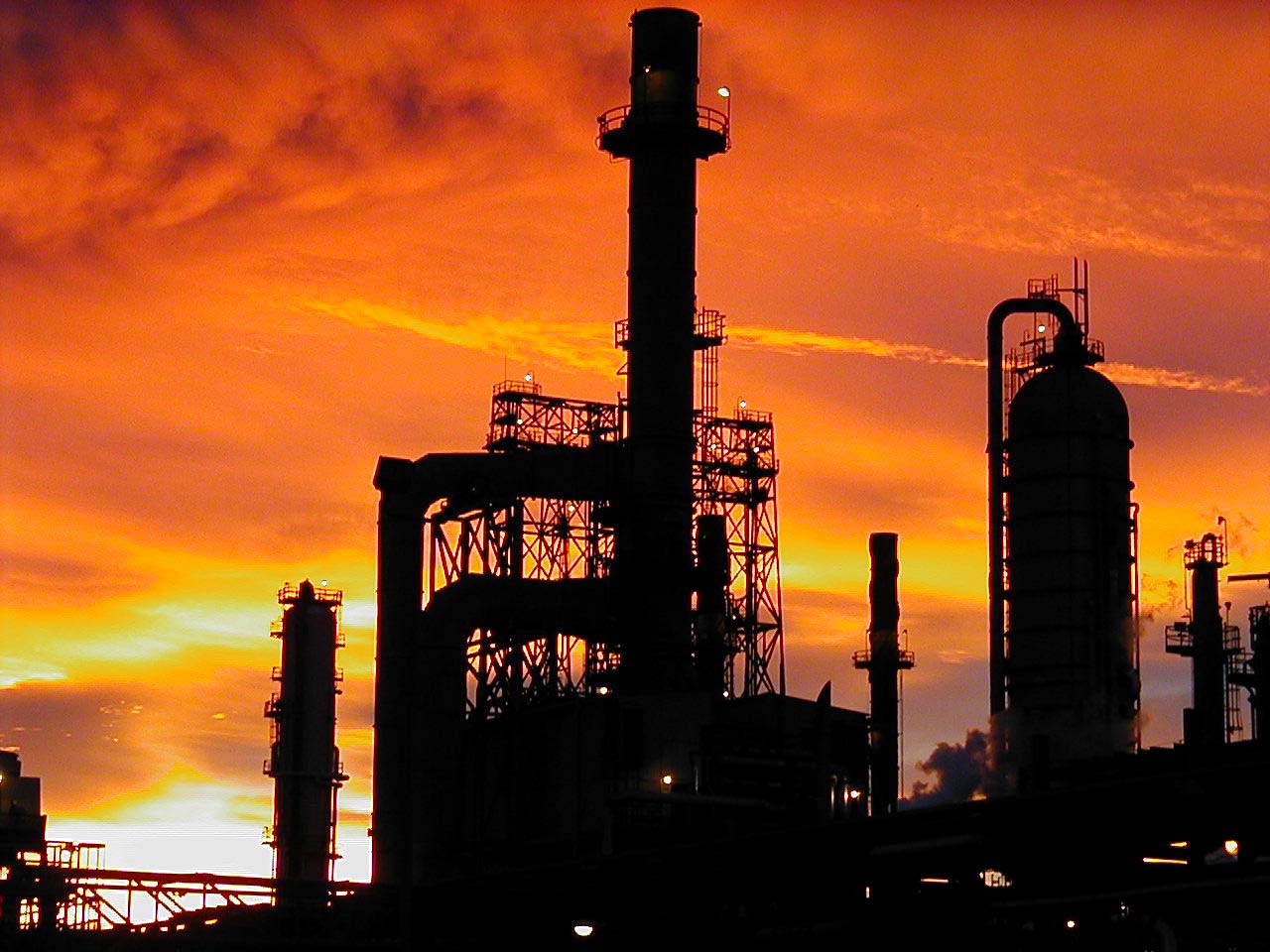- ASRY Awarded 2024 RoSPA Gold Medal in Health and Safety
- BP ponders shifting focus away from renewables, say sources
- QatarEnergy enters 10-year naphtha supply agreement with Japan’s ENEOS Corporation
- The International Energy Agency expects oil demand growth to slow in 2024
- The International Monetary Fund re-selects Kristalina Georgieva as its director
- Libya to target producing 1.4 million b/d by end 2024
- TotalEnergies launches the Marsa LNG project and deploys it multi-energy strategy in Oman
- H.E. Minister Al-Kaabi: Demand for oil and gas will continue for long; we have to be responsible, and Qatar is doing its part
- Egypt to stop exporting LNG starting from the beginning of May 2024
- QatarEnergy selects Nakilat to own and operate 25 conventional LNG vessels

Arab Revolutions and Oil Price Scenarios

Libya, which is located in North Africa and next door to revolutionary Tunisia, produces 1.6 million barrels a day (MBD). Libya’s oil production is about 2% of global oil production. Algeria, which is also located in North Africa and geographically very close to Libya, produces 1.4 MBD. Both countries produce high quality oil (i.e., light and sweet) which produces a relatively high proportion of gasoline. Saudi Arabia produces 10% of global oil production, possesses four MBD spare capacity and has the highest oil reserves in the world. Almost all Saudi Arabian oil is medium light and heavy and is not a perfect substitute for Libyan oil. It needs refineries with certain specifications to refine its oil. The Saudi excess production capacity exceeds the combined production of both Libya and Algeria.
Libya is being swept by a revolution that came from Tunisia in the West and Egypt in the East. The Libyan revolution has sent the American WTI to more than $100 a barrel and the North Sea Brent to more than $115 a barrel in just few days. Brent is the benchmark for oil in Europe, Middle East, non-Middle East Asia and Africa. Brent has felt the Arab revolutions more strongly than WTI through the fear or risk premium which is one of the four major components of the oil price.
Having said all the above, no one knows for sure how high the oil price will reach before enough is enough. No one has one number or one sentence that can accurately pinpoints the level the oil price will reach before it turns down in the other direction. But I can envision three scenarios and one of them is likely to happen.
Scenario 1
The Libyan revolution will spread to Algeria and the global oil market will experience a supply disruption amounts to about 3.5 MBD which if happens would wipe out the Saudi spare production capacity and exposes the world oil market to influential marginal events. If this scenario materializes, oil price will jump to $150 a barrel or more in a short period of time. Saudi oil can substitute of a disruption of Libyan and Algerian oil. But how likely will this scenario take place? If you ask the Algerians about a revolution contagion spreading from Libya to Algeria, they will say that they had their revolution ten years ago and paid dearly for it and the world did not care. Moreover, the Algerian government has been on the lookout and learned from the Tunisian and Egyptian revolutions. It has introduced enough reforms that should have blunted the revolution contagion. In my opinion, this scenario has a very low probability to happen and I can dare to dismiss it.
Scenario 2
The Bahrainian revolution will spread to Saudi Arabia and disrupts 10% of the world production. If this scenario materializes, oil price will jump to more than $200 a barrel and the sky is the limit. But Bahrain has had a sectarian conflict between Shia and Sunni as far as I remember. I agree that the Shian protests have gotten louder and stronger more recently. But it’s very hard to overthrow a regime in the Middle East when the people of the country are divided into two major groups and one of those groups’ benefits and supports the ruling regime. This case also applies to Jordan and Yemen. Moreover, the Bahrainian royal family is now much more flexible in dealing with the dissenting group. It’s also supported by all the other GCC countries that are willing to pay handsomely to quite most of the dissenting voices. In my opinion, the conflict in Bahrain will continue and more reforms will shape up, but it will not reach a revolutionary level that topples the royal regime and then spreads. Saud Arabia, which has 6,000 princes, has its own problems but those are not related to food and fuel prices. They are related to social and political reforms.
The people in Saudi Arabia are not starving and can receive compensations from the government even when they are unemployed. Moreover, the Saudi youth are brought up differently than the youth in Egypt and Tunisian: they are taught from childhood to respect authority according to “the teachings of Islam”. This scenario has a higher probability to happen than Scenario 1, but still its probability is low. I consider it likely but not very viable.
Scenario 3
The Libyan revolution will not spread to Algeria and the Bahrainian sectarian conflicts will stay Bahrainian, there will be no Bahrainian revolution and the “contagion spread” will become irrelevant. I agree the most with this scenario. I see the Libyan revolution to be the last Arab revolution at this time. The Arab youth have seen how the military in Tunisia and Egypt have cut both revolutions in half. They are now disillusioned and disappointed. In this scenario, The WTI oil price should range between $110 -$120. This price is likely to move in that range for some time.
But eventually, it will start heading down to docile between $80 -$90. Then the oil fundamentals propelled by the strengthening economy recovery will help the price break up gradually. But this scenario should not end before we will see more freedom and less oppression in the Middle East. The United States should start to think seriously on how to deal with future Arab democracies and reformed regimes. This future will bring new and different geopolitical thinking and requires an analysis on its own. I hope I will perform that task.










